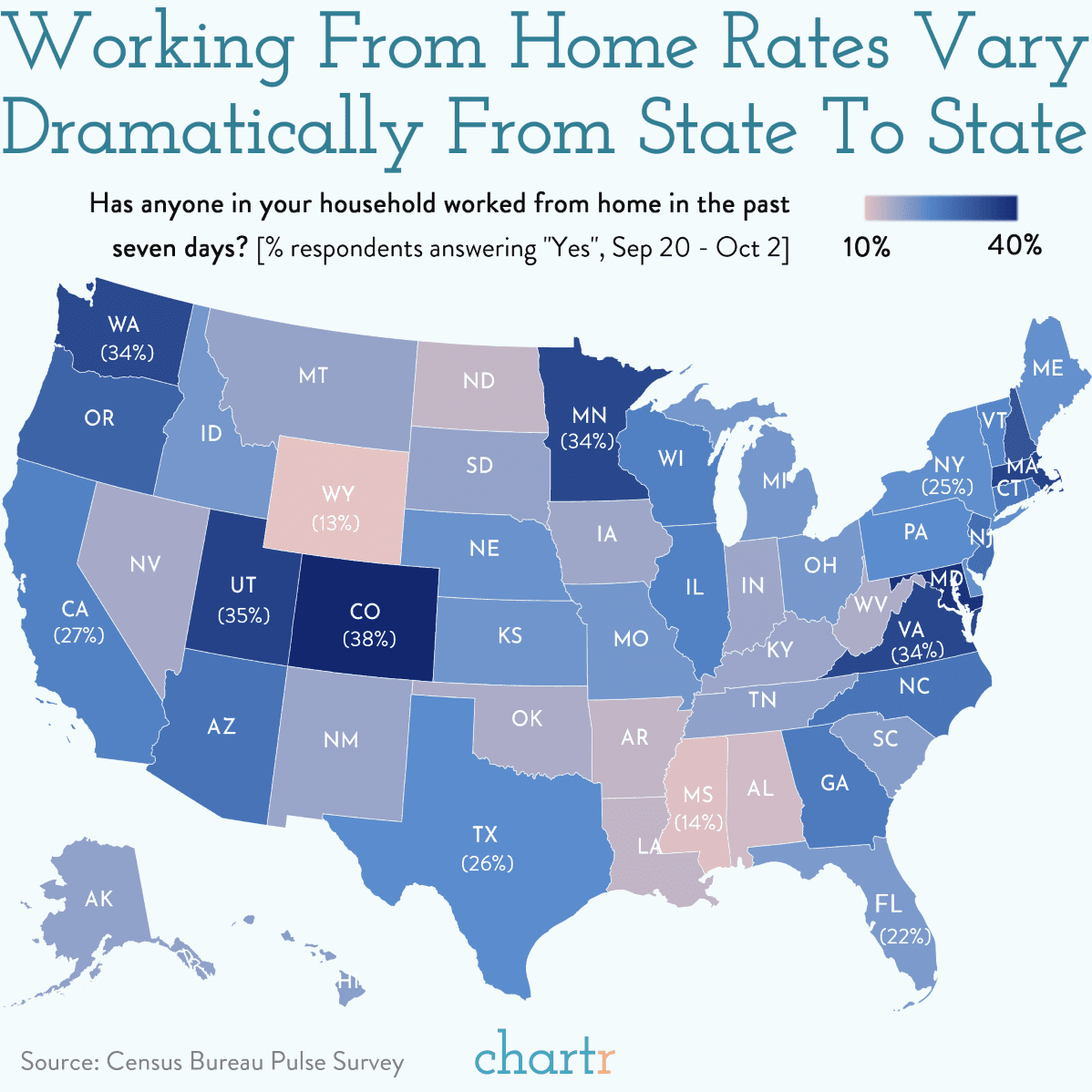The weekend is here! Pour yourself a mug of pumpkin spiced latte, grab a seat by the window, and get ready for our longer-form weekend reads:
• Brazil Is Embracing the Crisis That Everyone Else Wants to Avoid; Offers Venezuelans Jobs in Growing Migrant Crisis: Latin America’s largest economy is linking newcomers with jobs, while its neighbors and the US struggle with a migration surge that shows no signs of slowing. (Bloomberg)
• After The Human: The increasingly symbiotic relationship between humans and technology signals a new era in the evolution of life on Earth. (NOEMA)
• The Ozempic Effect Is Coming for Everything From Kidney to Heart Disease Treatments: It could cut demand for big-money drugs targeting a wide range of maladies, even Alzheimer’s. (Businessweek)
• A24: The Rise of a Cultural Conglomerate: The indie studio is behind some of Hollywood’s biggest hits and critical darlings. It has designs on becoming media’s answer to LVMH. (The Generalist)
• He wakes up in his car. Then he lovingly chooses your avocados. Inside the life of an Instacart shopper. (Washington Post)
• Stanford scientist, after decades of study, concludes: We don’t have free will: After more than 40 years studying humans and other primates, Stanford University neurobiologist Robert Sapolsky has reached the conclusion that virtually all human behavior is as far beyond our conscious control as the convulsions of a seizure, the division of cells or the beating of our hearts. (Los Angeles Times)
• In the Nineteenth Century, Scientists Set Out to Solve the “Problem of American Storms” To fully appreciate the modern-day marvel that is the National Weather Service, it’s useful to start with numbers. There’s 6.3 billion. (The number of observations the agency collects and analyzes every day.) There’s 1.5 million. (The number of forecasts it issues each year.) There’s 184 and 100,000. (The number of weather balloons NWS releases every day, including on weekends and holidays, and the number of feet said balloons can rise into the atmosphere.) And there’s 90 percent. (The average accuracy of a five-day forecast. (Humanities)
• What Happened to San Francisco, Really? It depends on which tech bro, city official, billionaire investor, grassroots activist, or Michelin-starred restaurateur you ask. (New Yorker)
• How Martin Scorsese Made His Most Challenging Movie Yet: The Oscar-winning filmmaker scrapped a completed screenplay to turn the plot of his new movie, ‘Killers of the Flower Moon,’ inside out. (Wall Street Journal)
• He spent a lifetime collecting the blues. The Smithsonian listened. Smithsonian’s Folkways label and American History Museum are releasing Robert ‘Mack’ McCormick’s tapes, research and writings as part of Folkways’ 75th anniversary. (Washington Post)
Be sure to check out our Masters in Business this week with Bethany McLean, contributing editor to Vanity Fair, and author of Smartest Guys in the Room: The Amazing Rise and Scandalous Fall of Enron. Her most recent book is The Big Fail: What the Pandemic Revealed About Who America Protects and Who It Leaves Behind, was coauthored with Joe Nocera.
Work-from-home rates are dropping… in some states more than others

Source: Chartr
Sign up for our reads-only mailing list here.
~~~
To learn how these reads are assembled each day, please see this.

